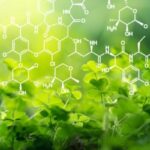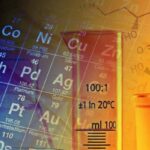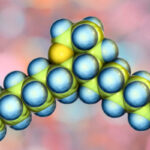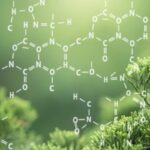We explain what biochemistry is, its history and the importance of this science. Also, the branches that make it up and what a biochemist does.
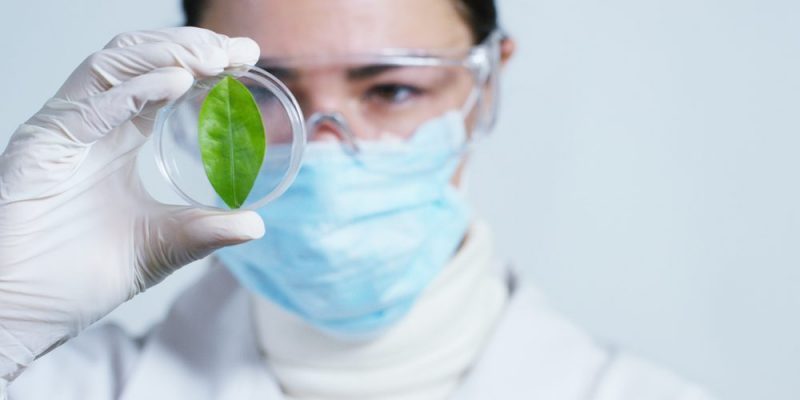
What is Biochemistry?
Biochemistry is the chemistry of life, that is, the branch of science that is interested in the material composition of living beings. This science studies the elemental compounds that make up and allow living beings to stay alive: proteins, carbohydrates, lipids and nucleic acids.
On the other hand, biochemistry also studies the chemical processes and reactions that occur between these compounds, both in cells and in the body. This set of biochemical reactions is called metabolism, when it involves the transformation of compounds into others, catabolism, when it involves the degradation of compounds to obtain energy, and anabolism, when it involves the synthesis of complex compounds. from simpler substances.
Biochemistry exists as a scientific field based on the distinction between organic chemistry (which is structurally headed by carbon) and also inorganic chemistry. This science considers that the molecules that make up living beings are made up of carbon, hydrogen, oxygen, nitrogen, phosphorus and sulfur, molecules that in turn make up the cells, organs and organ systems that make up living beings.
It is a eminently experimental science, which uses the scientific method that is, to the verification of experiments using numerous instrumental techniques of our own and also of other branches of science such as statistics and physics. His molecular understanding of life is, logically, a consequence of the development of cell theory and the modern development of physics, chemistry and biology.
History of biochemistry
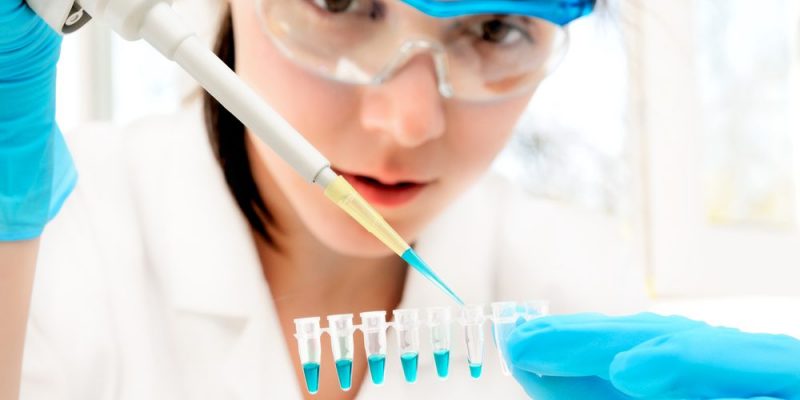
Although biochemistry as such is a relatively modern field of knowledge, its antecedents date back to ancient times. A very old example, where biochemistry is reflected, consists of the bread manufacturing process, when yeast is added (fermentation).
But The actual beginning of this discipline is located in 1828 when Friedrich Wöhler published an article on the synthesis of urea, which demonstrated that organic compounds, contrary to what was believed, can be produced artificially in a laboratory.
From then on, the understanding of the substances that make up the body of living beings grew exponentially thanks to the studies of Louis Pasteur, Albrecht Kossel, Wilhelm Kühne and Eduard Buchner in the 19th century.
The true revolution in biochemistry occurred in the second half of the 20th century, hand in hand with modern molecular biology. This occurred due to the advance in the development of experimental techniques such as chromatography, centrifugation, electrophoresis, electron microscopy, nuclear magnetic resonance and other techniques that are the result of scientific-technological advances and the fields of chemistry and physics.
Thanks to all this, it has been possible to understand cellular metabolic cycles, immunology, enzymatic functioning and DNA sequencing, which allowed advances such as the cloning of living beings genetic intervention and gene therapies.
Importance of biochemistry
Knowledge of biochemistry is key to various applied fields of knowledge, such as biotechnology, medicine, pharmacology, agri-food and public health, among others.
This means that biochemical knowledge is key to understanding the diverse and complex processes that occur in life which is, in turn, essential to learn to protect it and improve its quality.
Branches of biochemistry
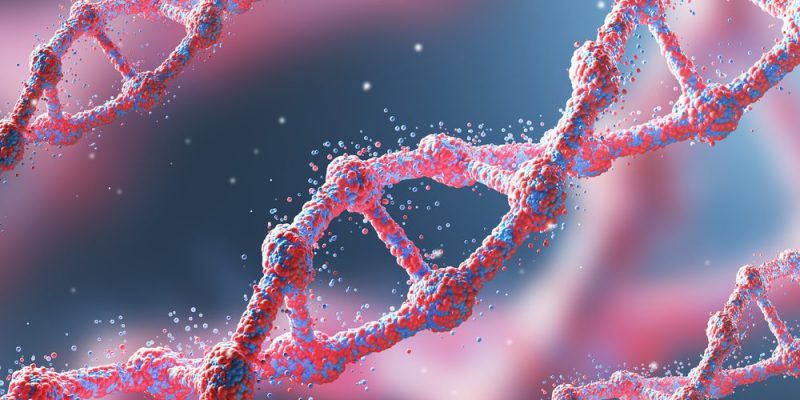
Biochemistry includes an enormous variety of branches, which change and become more complex as knowledge of chemistry and biology advances. Some of the most important are:
- Structural biochemistry. He is interested in the molecular architecture of organic substances and biological macromolecules, such as proteins, sugars or nucleic acids (such as DNA and RNA). One of its tasks as a discipline is the engineering (artificial assembly) of proteins.
- Enzymology It is dedicated to the study of the catalytic activity of enzymes, that is, their ability to activate, deactivate, accelerate, decelerate or modify in any way the chemical reactions that occur within the living organism.
- Metabolic biochemistry. It is focused on the different metabolic routes that occur at the cellular level in living beings, as well as all the chemical reactions that make life as we know it possible. It also includes bioenergetics, nutritional biochemistry and other more specific areas of study.
- Immunology It studies the chemical relationships that occur between the living organism and its pathogenic agents, such as viruses and bacteria capable of causing diseases. Its main focus is the immune system, a complicated network of detection and response relationships at the cellular and biochemical level of the organism.
What does a biochemist do?
A biochemist is a student of the chemistry of life. That means that among their tasks are experimentation in medical, pharmacological and toxicological matters since it specializes in the chemistry of the body and the reactions that can favor or harm life.
In the industrial area, biochemists are vital for food technology, hygiene and safety On the other hand, these professionals work on the fundamental basis of biotechnology, which is the branch of science dedicated to applying chemical and biological knowledge together to sectors such as agriculture, livestock, pharmacology, etc. Thanks to this, today we can improve crops, design new medicines, produce specific foods for each type of livestock, synthesize pesticides that are less harmful to humans and animals, among many other applications.
References
- “Biochemistry” in Wikipedia, The Free Encyclopedia.
- “Do you know what a biochemist does?” in What are you going to study?


